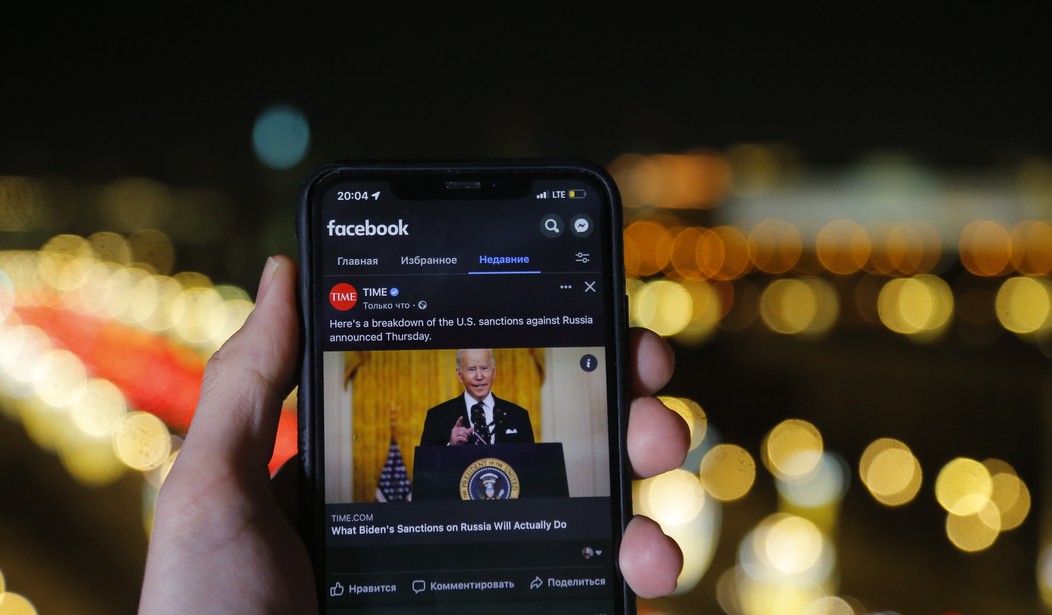Just when you thought it was safe to leave your smartphone on your desk and go outside... Now, there is such a thing as "Nomophobia," defined as people being "...filled with dread, anxiety and panic at the thought of being without their smartphone."
Contracting the phrase “no mobile phone phobia,” research defines nomophobia as the fear of being detached from smartphone connectivity. While it is not yet considered a legitimate mental disorder like other specific phobias—such as fears of animals, storms, heights, etc.—nomophobia’s conceptualization is founded on definitions from the Diagnostic Manual of Mental Disorders.
The research outlines that symptoms of nomophobia include many of those seen in other specific phobias, such as anxiety, shaking, sweating, agitation and breathing difficulties. It was also found that those with low-self esteem and extraversion may be more prone to the overuse of smartphones, and therefore more likely to experience nomophobia.
You can see the research described here.
Anyone who has paid attention to the world of psychiatry or, indeed, medicine in general for very long knows about the tendency to make up long Latin terms for various syndromes, illnesses, and paranoias. But in this case, it's difficult to describe someone suffering from "...anxiety, shaking, sweating, agitation and breathing difficulties" because they don't have their smartphones (or don't have a connection) with any term other than "weakness."
Indeed, the study itself seems to bear that view out:
The various psychological factors are involved when a person overuses the mobile phone, e.g. low self-esteem, extrovert personality. Other mental disorders like, social phobia or social anxiety, and panic disorder may also precipitate NOMOPHOBIC symptoms. It is very difficult to differentiate whether the patient becomes NOMOPHOBIC due to mobile phone addiction or existing anxiety disorders manifest as NOMOPHOBIC symptoms.
In other words, nomophobia is associated with other mental disorders. Big surprise.
"Phobias," in general, defined as "an irrational, unreasoning fear," have a long history that predates modern psychiatry, such as it is. Some interesting examples include:
Linonophobia: fear of string. It's hard to see a source for this fear unless one was raised by parents who were really into bondage role-play.
Zemmiphobia: fear of the Great Mole Rat. We all know what mole rats are. But one has to admit, the mental image of a Great Mole Rat is disconcerting, to say the least.
Chaetophobia: fear of hair. The onset of symptoms is frequently related to Sasquatch sightings.
Anatidaephobia: fear of being watched by a duck. Well, your odds of being done in by a duck are low, but not zero.
Geniophobia: fear of chins. Bruce Campbell was unavailable for comment.
Look, at this point, it's becoming obvious that we have become far too dependent on technology — and, no, the irony of writing these words on a computer for publishing on the internet is not lost on me. Technology is a political hot potato. New technologies burst on the scene almost daily, and some of those are of doubtful use, while others — like this internet we are looking at together as you read these words — have changed the world.
Put the smartphone down now and then. Step away from the computer. Go outside. Breathe some fresh air. Look around. Go for a walk. The outdoors, you'll find, is a wonderful place — and the graphics are amazing.















Join the conversation as a VIP Member